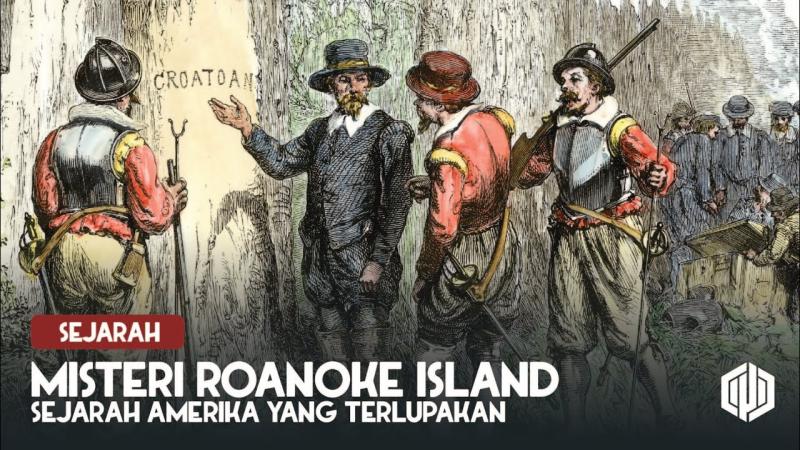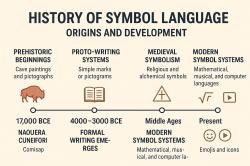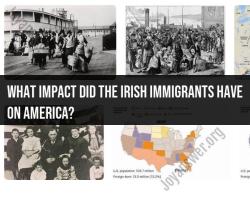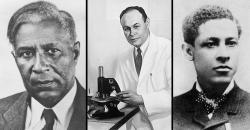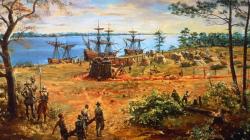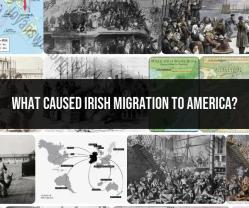Which English colony was called The Lost Colony and why?
"The Lost Colony" refers to the Roanoke Colony, which was an early English settlement in what is now North Carolina. It earned this name due to the mysterious disappearance of its inhabitants.
In 1587, a group of English settlers, led by John White, established the Roanoke Colony on Roanoke Island, off the coast of what is now North Carolina. John White, who was the colony's governor, left for England to gather more supplies and support, but due to various circumstances, he was delayed in returning to the colony. When he finally returned to Roanoke in 1590, he found the settlement abandoned and no trace of the colonists.
The only clue to the colony's fate was the word "CROATOAN" carved into a tree and "CRO" carved into a fence post. These markings suggested that the colonists might have relocated to Croatoan Island (now Hatteras Island) or sought refuge with the local Croatan Native American tribe, which had been friendly to the English settlers.
Despite numerous investigations and search efforts, the fate of the Roanoke Colony has remained a historical mystery. The disappearance of the colonists and the word "CROATOAN" have intrigued historians, archaeologists, and mystery enthusiasts for centuries. Various theories have been proposed, including assimilation into the local Native American tribes, relocation to another area, or even violence and warfare. However, no definitive evidence has been found to explain the fate of the "Lost Colony."
"The Lost Colony" and Its Mysterious Disappearance
The Lost Colony of Roanoke, also known as the Roanoke Colony, remains one of the most enduring and intriguing mysteries in American history. In 1587, a group of 115 English men, women, and children, led by Governor John White, established a settlement on Roanoke Island, off the coast of present-day North Carolina. White returned to England to seek supplies, but when he came back three years later, the entire colony had vanished without a trace.
The fate of the Lost Colony has been the subject of countless theories and speculations, ranging from assimilation with Native American tribes to attacks by Spanish explorers. Despite extensive research and archaeological excavations, no definitive answer has ever been found.
Roanoke Island: Unraveling the Enigma of "The Lost Colony"
Roanoke Island, the site of the Lost Colony, has become a pilgrimage site for history enthusiasts and mystery seekers. The island is home to the Fort Raleigh National Historic Site, which commemorates the colony's establishment and preserves remnants of the original settlement.
In recent years, archaeologists have uncovered intriguing clues that may shed light on the colony's disappearance. For instance, a 2017 study suggested that the colonists may have moved to Croatoan Island, a nearby island inhabited by a friendly Native American tribe.
Historical Theories and Speculations About the Lost Colony of Roanoke
Over the centuries, numerous theories have been proposed to explain the fate of the Lost Colony. Some of the most prominent include:
Assimilation with Native American Tribes: This theory suggests that the colonists may have integrated into nearby Native American communities, such as the Croatan tribe.
Spanish Attack: Some historians believe that the colonists may have been attacked and captured by Spanish explorers, who were wary of English encroachment in the region.
Move Inland: It has been proposed that the colonists may have abandoned Roanoke Island due to resource scarcity and moved further inland to seek more favorable conditions.
Disease and Starvation: The harsh environment and lack of adequate supplies may have led to widespread disease and starvation among the colonists, ultimately decimating the population.
Return to England: A less popular theory suggests that the colonists may have decided to return to England on their own, possibly due to hardships and disillusionment with the settlement.
While these theories provide possible explanations, none have been conclusively proven, and the fate of the Lost Colony remains one of America's most enduring mysteries.
